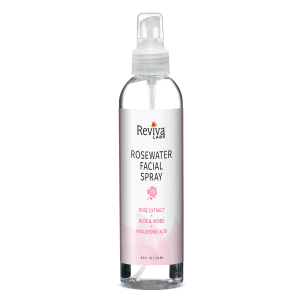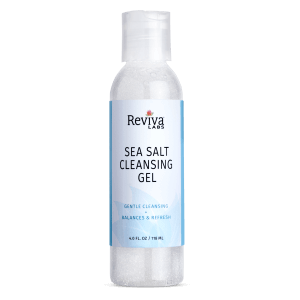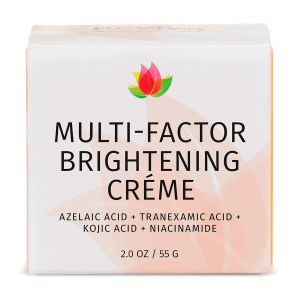Allergy
A reaction to a substance to which an individual body is or has become sensitized and produces histamines in response. We have found that natural substances product fewer and less severe allergic reactions than synthetic substances.
Allergies, also known as allergic diseases, refer a number of conditions caused by the hypersensitivity of the immune system to typically harmless substances in the environment. These diseases include hay fever, food allergies, atopic dermatitis, allergic asthma, and anaphylaxis. Symptoms may include red eyes, an itchy rash, sneezing, coughing, a runny nose, shortness of breath, or swelling. Note: food intolerances and food poisoning are separate conditions.
| Allergy | |
|---|---|
 | |
| Hives are a common allergic symptom. | |
| Specialty | Immunology |
| Symptoms | Red eyes, itchy rash, vomiting, runny nose, shortness of breath, swelling, sneezing, and cough. |
| Types | Hay fever, food allergies, atopic dermatitis, allergic asthma, anaphylaxis |
| Causes | Genetic and environmental factors |
| Diagnostic method | Based on symptoms, skin prick test, blood test |
| Differential diagnosis | Food intolerances, food poisoning |
| Prevention | Early exposure to potential allergens |
| Treatment | Avoiding known allergens, medications, allergen immunotherapy |
| Medication | Steroids, antihistamines, epinephrine, mast cell stabilizers, antileukotrienes |
| Frequency | Common |
Common allergens include pollen and certain foods. Metals and other substances may also cause such problems. Food, insect stings, and medications are common causes of severe reactions. Their development is due to both genetic and environmental factors. The underlying mechanism involves immunoglobulin E antibodies (IgE), part of the body's immune system, binding to an allergen and then to a receptor on mast cells or basophils where it triggers the release of inflammatory chemicals such as histamine. Diagnosis is typically based on a person's medical history. Further testing of the skin or blood may be useful in certain cases. Positive tests, however, may not necessarily mean there is a significant allergy to the substance in question.
Early exposure of children to potential allergens may be protective. Treatments for allergies include avoidance of known allergens and the use of medications such as steroids and antihistamines. In severe reactions, injectable adrenalin (epinephrine) is recommended. Allergen immunotherapy, which gradually exposes people to larger and larger amounts of allergen, is useful for some types of allergies such as hay fever and reactions to insect bites. Its use in food allergies is unclear.
Allergies are common. In the developed world, about 20% of people are affected by allergic rhinitis, about 6% of people have at least one food allergy, and about 20% have or have had atopic dermatitis at some point in time. Depending on the country, about 1–18% of people have asthma. Anaphylaxis occurs in between 0.05–2% of people. Rates of many allergic diseases appear to be increasing. The word "allergy" was first used by Clemens von Pirquet in 1906.









